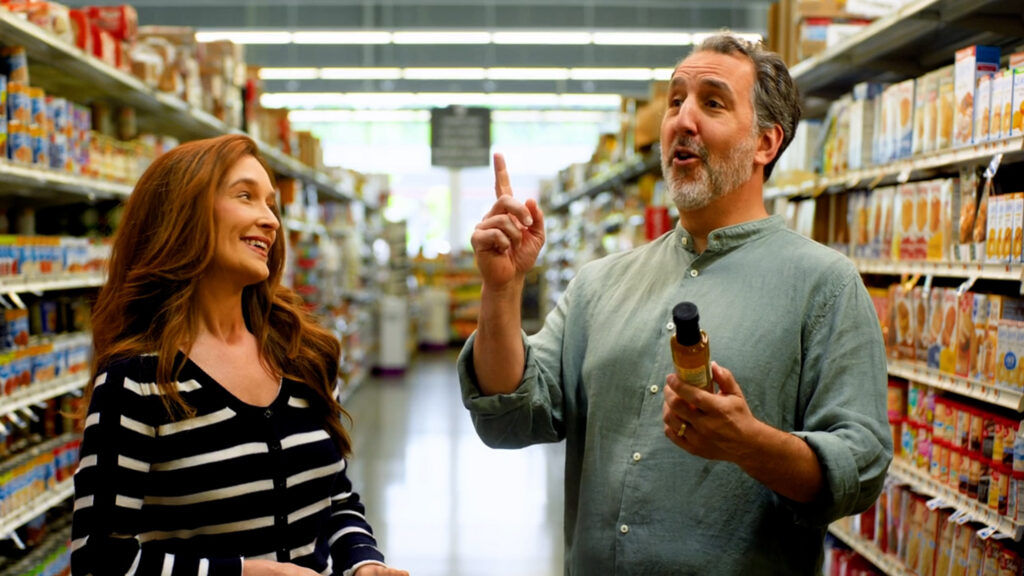
Crisis Brings Change...and Opportunity: Fuel for Thought #5
Many crisis communicators like to point out that the Chinese word for crisis is comprised of two characters – the first one meaning “danger” and the second meaning “opportunity” (or more precisely, "changepoint”).
Well, this being the case, 2020 has undoubtedly proven to be the year of "dangerous opportunities." Global brands down to the local corner bar are faced with the same two fundamental questions: "How do I adapt my business to the new reality in order for it to survive and prosper?" and "How do I best communicate these changes to retain and grow my customer base?”
A significant problem brands continue to wrestle with is how to communicate with an uncertain public that is unsure of what activities they are still willing to participate in (and spend money on) during this time of health and economic uncertainty.
For example, a recent ABC News/Ipsos poll shows there are some activities a majority of consumers are willing to do, including eating at a restaurant (54%), staying in a hotel (51%), grocery shopping (94%), getting a haircut (67%), and going to a shopping mall (51%).
However, the same poll showed fewer consumers are willing to go to a bar (27%), attend a sporting event (22%), go to the gym (28%), go to the movies (27%), go bowling (31%), or fly on an airplane (33%).
Furthermore, in general, consumer confidence fell nearly five points over the last month, signaling to many economists that US economic recovery is still a ways off, with many consumers skittish about opening their pocketbooks.
Many CMOs and communication directors have spent the last four months looking for ways to reposition their brands, protect their reputations, reassure their customer bases, and look for growth opportunities in an extremely volatile business environment.
With just about every industry facing the same crises over the last few months, brands cannot afford to use the same old traditional marketing and communication strategies in these decidedly non-traditional times. In short, marketers need to start thinking like crisis communicators. For instance:
Be Fast. Sports and crisis communications have one thing in common: speed kills. If you are not responding to customer concerns in a matter of hours, you risk losing them to your competitors in this environment. Communicators need to prepare messaging and distribution platforms in advance as much as possible and streamline the decision-making process in their organizations to move as fast as possible.
Be Nimble. Any organization putting together a 12-month marketing/comms plan, at this point, is likely wasting their time. It has never been more critical for your business to be adaptable than right now. Health, economic and social issues are transforming the media landscape in ways we can't begin to predict right now. Your best course of action is to adopt a “win the day” strategy and revisit your communication goals and strategies on a monthly or even weekly basis depending on your industry.
Be Transparent. Reputations are often made or broken during a crisis. One of the ways brands can ease consumer tensions and instill loyalty is by building trust through transparency. Being upfront and honest with customers on everything from your business practices to stances on social issues during this time will build goodwill that will pay off dividends down the road.
Be Informative. Consumers crave information during crises. Those organizations that can provide their customers with data-driven insights and recommendations can often build trust with the public that will last through the crises and beyond, strengthening brand loyalty.
Be Collaborative. No organization should attempt to navigate a crisis of this magnitude by itself. They should look for opportunities to learn and share best practices with others in their industry through associations, third-party organizations or government entities. Working with others facing the same issues will help ensure the health of your entire industry.
Most brands will be facing "dangerous opportunities" every day for the foreseeable future. The brands that will succeed during this time will be the ones that, in part, can integrate crisis communication strategies into their marketing and communication plans.
Let's make some good.
Drop us a line


